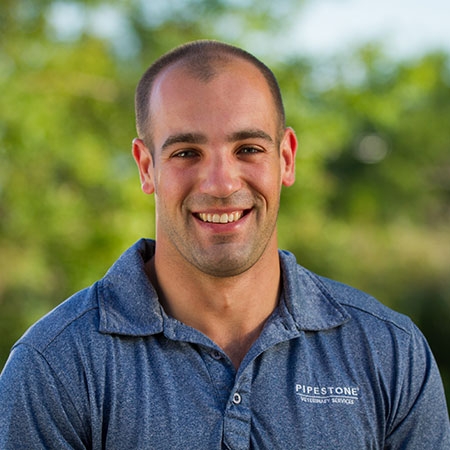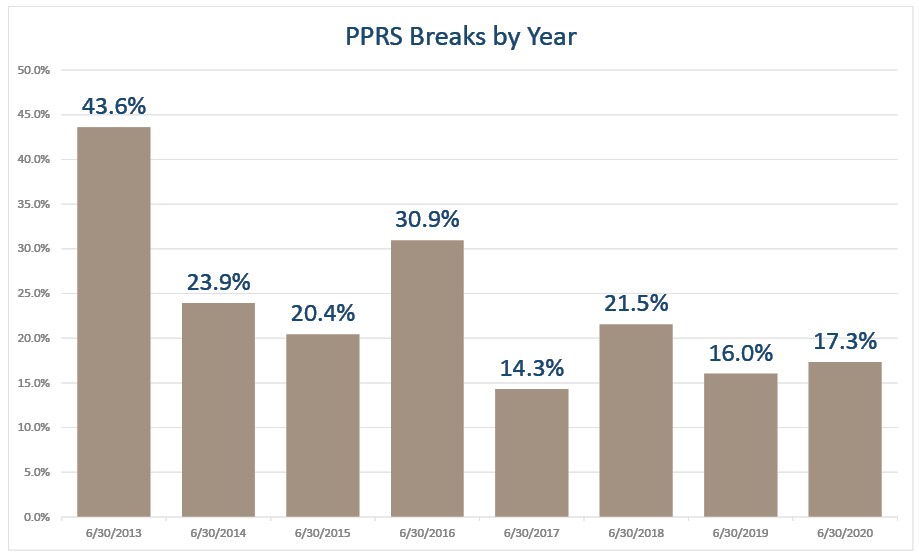
This year marks 30 years that the sow farm Hiawatha Gilts was constructed in Pipestone county, Minnesota birthing what would become the Pipestone Management and change modern swine production. Most intriguing is what Hiawatha represents as we think about innovation and the progression of health management. Hiawatha started as a multi farmer-owned farrow to finish gilt multiplier that would deliver genetically superior animals and a lower cost to the 36 farmers that owned it. Today, Hiawatha is a PRRS, Mycoplasma, and PEDV negative air-filtered commercial sow farm integral to its owner’s family farming operation. Sounds like a simple path forward but let’s dive into some of the many innovative turns that helped us get to today.

PRRS Management:
When Hiawatha was constructed in 1990, few pigs inhabited the area. 30 years later, Pipestone County ranks as the 9th most densely pig-populated county in the nation. We all know increasing pig density brings health challenges, and Hiawatha was no exception. We needed to innovate to maintain the high health status that justified the farms initial construction and in 2013 air filtration was added as part of the health management system. While not perfect, air filters on sow farms provide a great disease mitigation tool and solid return on investment. We estimate that the operation cost for a filtered farm to be $1-$1.50/wean pig. Compare that to a well-known Iowa State University estimated cost of PRRS to a sow farm at $8.00/wean pig, filtration can be a very good investment for farms today.
Mycoplasma Management:
Once an ever-nagging disease, Pipestone Management farms are more frequently moving towards a Mycoplasma-negative status through elimination strategies. Today, we understand the epidemiology of the pathogen better and are able to better use the tools that we have to eliminate this disease and maintain a negative status in sow farms, especially those with filtration as an added layer of bio-security. Innovative methods of exposure and testing are used today to improve our approach and drive success in our elimination efforts. If successful, the payback for this is less than 6 months, but the value can extend forever for farms remaining negative.
Oldies but goodies:
Strep suis and Glaesserella parasuis are diseases that are not new to the industry, but shifts towards higher health herds and changes in genetic herds over time in the industry have caused these two bacteria to become greater problems. Fortunately, through innovative advancements in custom vaccine technologies, we have found new ways to combat these diseases. We continue to challenge placement of vaccines and specifically, for Strep, many challenges can be controlled at the sow level, reducing need (and cost) for individual piglet control. New vaccine tools allow us to shift our focus from treatment to prevention of disease and reducing the reliance on antibiotics, ultimately improving the health and profitability of the pig.
Pivoting for the future:
We find ourselves in an industry with far greater consumer and societal influence on how we raise pigs. This comes with pressure on antibiotic use, swine genetics, sow housing, welfare standards, and sustainability. Like it or not, these trends are here to stay. Most often, consumer preferences are faced with producer reluctance from fear of increased cost. At Pipestone, we believe with a greater emphasis on health and a system designed for optimizing, we can meet many of these societal concerns with better cost. Redesigning family farms to embrace high health and high efficiency sow farms weaning 24 day old pigs, and shifting to all in – all out wean to market facilities comes with a cost, but can improve cost of production easily by $14/pig or more.
The magnitude of decisions to take these leaps are never easy, but the value and return on investment have been realized repeatedly, with more competitive operations as the outcome.
The story of Hiawatha is one of innovation to initially change a production paradigm, but also one that continued to pivot to meet the ever-changing need of the pig and the farmer over time. Hiawatha only lasted a short period in its original form until converting to its current state and is well positioned to adjust to meet the next great opportunity. As your family’s needs change and the industry continues to evolve, Pipestone is here to help. Contact you Pipestone veterinarian to discuss how we can help you create the farm of tomorrow.
By: Dr. Adam Schelkopf, PIPESTONE Health Director
